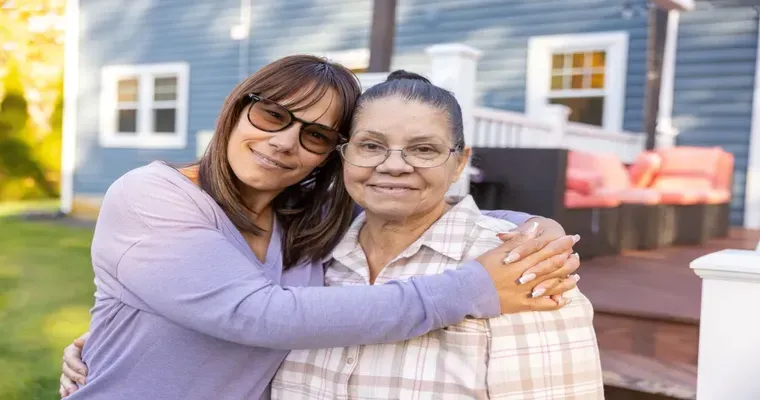Dealing with a "faraway aunt" who has "dementia" and "no money" can be a challenging situation for many families. The complexities surrounding mental health, financial constraints, and the legal system often leave relatives feeling overwhelmed. In such cases, understanding whether the "state or county" can intervene is crucial for ensuring that your loved one receives the care and support they need.
When a family member is diagnosed with dementia, their ability to manage finances and make sound decisions may diminish over time. If your aunt lives far away and is unable to care for herself due to her condition and lack of financial resources, it raises important questions about her welfare and legal rights. The good news is that state or county programs can potentially step in to provide assistance and support.
Understanding the Role of State and County Agencies
State and county agencies often have programs designed to assist individuals with "dementia" and other cognitive impairments. These programs can include adult protective services, which are designed to investigate reports of abuse, neglect, or exploitation of vulnerable adults. If your aunt is at risk, you can contact your local agency to express your concerns and seek help.
Additionally, many states have specific services aimed at assisting individuals with dementia. These can include access to "long-term care", home health services, and financial assistance programs. Depending on your aunt's situation, she may qualify for financial aid through Medicaid or other state-sponsored health programs, which can help cover the costs associated with her care.
Steps to Take for Assistance
1. "Assess the Situation": If you suspect that your aunt is unable to care for herself, gather as much information as possible regarding her condition, living situation, and financial status. This will be helpful when discussing her case with state or county officials.
2. "Contact Adult Protective Services": If there is evidence of neglect or if you believe she is in danger, reaching out to adult protective services is a crucial step. They have the authority to investigate and determine the best course of action.
3. "Explore Legal Options": In some cases, it may be necessary to pursue legal guardianship or conservatorship. This would allow you or another family member to make decisions on her behalf, ensuring her needs are met.
4. "Investigate Local Resources": Many communities offer support services for the elderly and those with dementia. Research local resources that may provide assistance, such as senior centers, counseling services, and financial aid programs.
The Importance of Early Intervention
Acting quickly to address your aunt’s situation is essential. Early intervention can prevent further decline in her health and well-being. The longer a person with dementia is left without support, the more difficult it may become to manage their care effectively. By involving state or county agencies sooner rather than later, you increase the likelihood of securing the necessary resources to support her.
Conclusion
Navigating the challenges associated with a faraway aunt with dementia and no money can feel daunting, but remember that support is available. State and county agencies are equipped to intervene and provide the necessary assistance to ensure your loved one receives the care she needs. By taking proactive steps and reaching out for help, you can make a significant difference in her quality of life. Don’t hesitate to seek the support of professionals who understand the complexities of dementia care.





